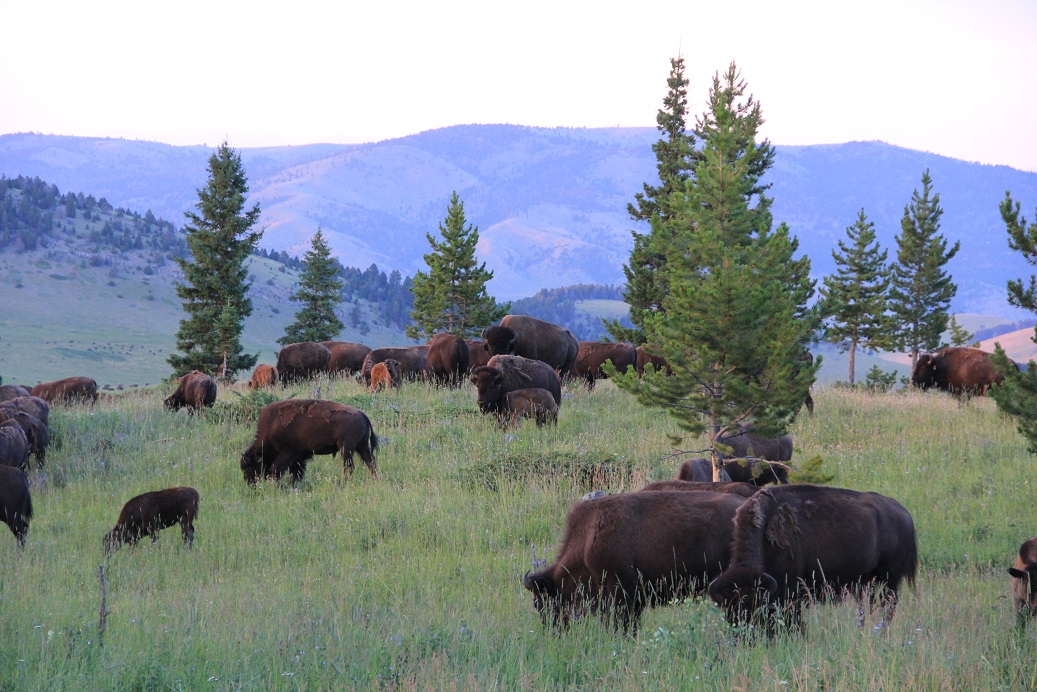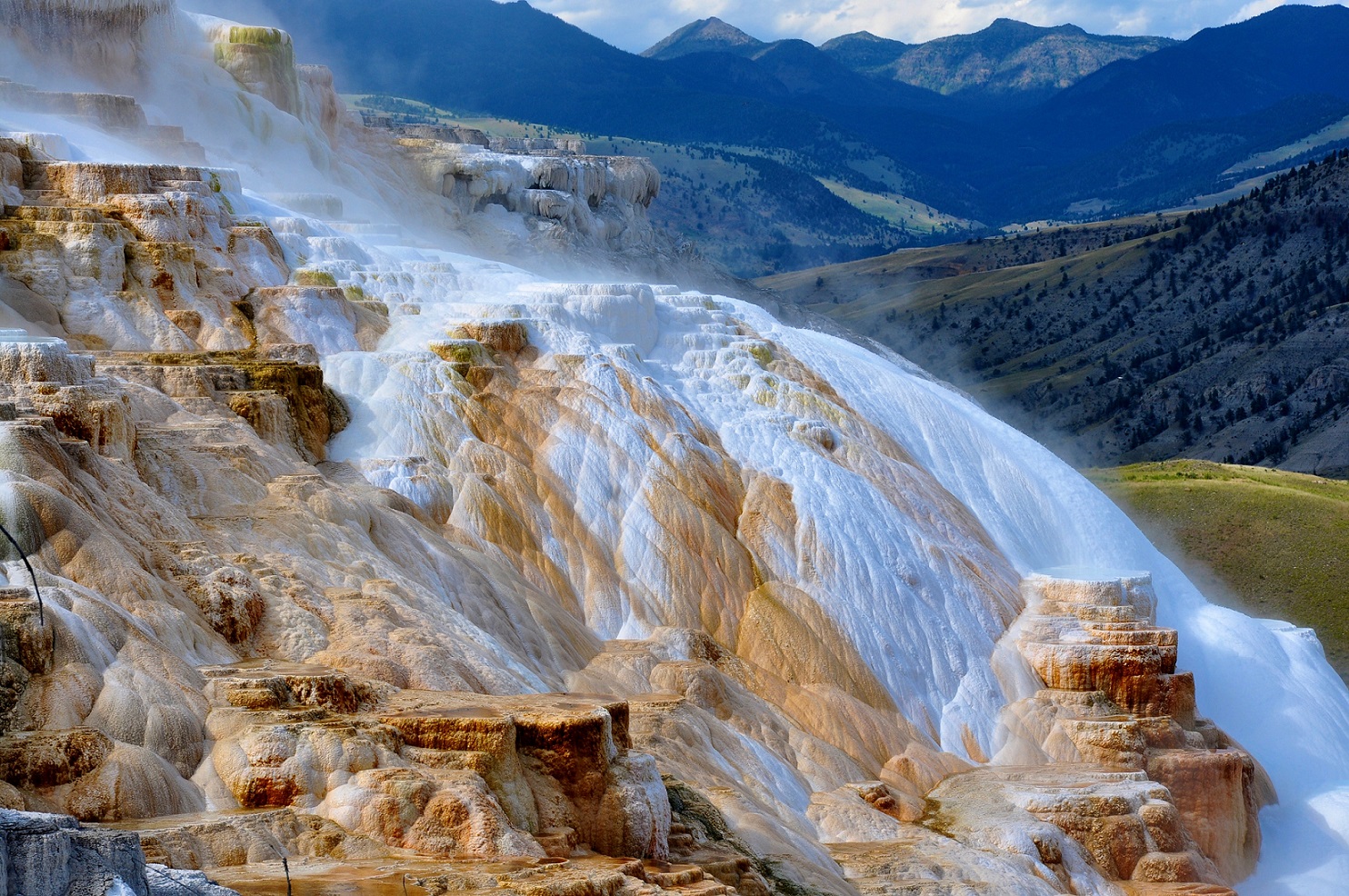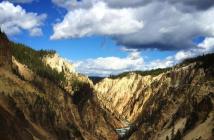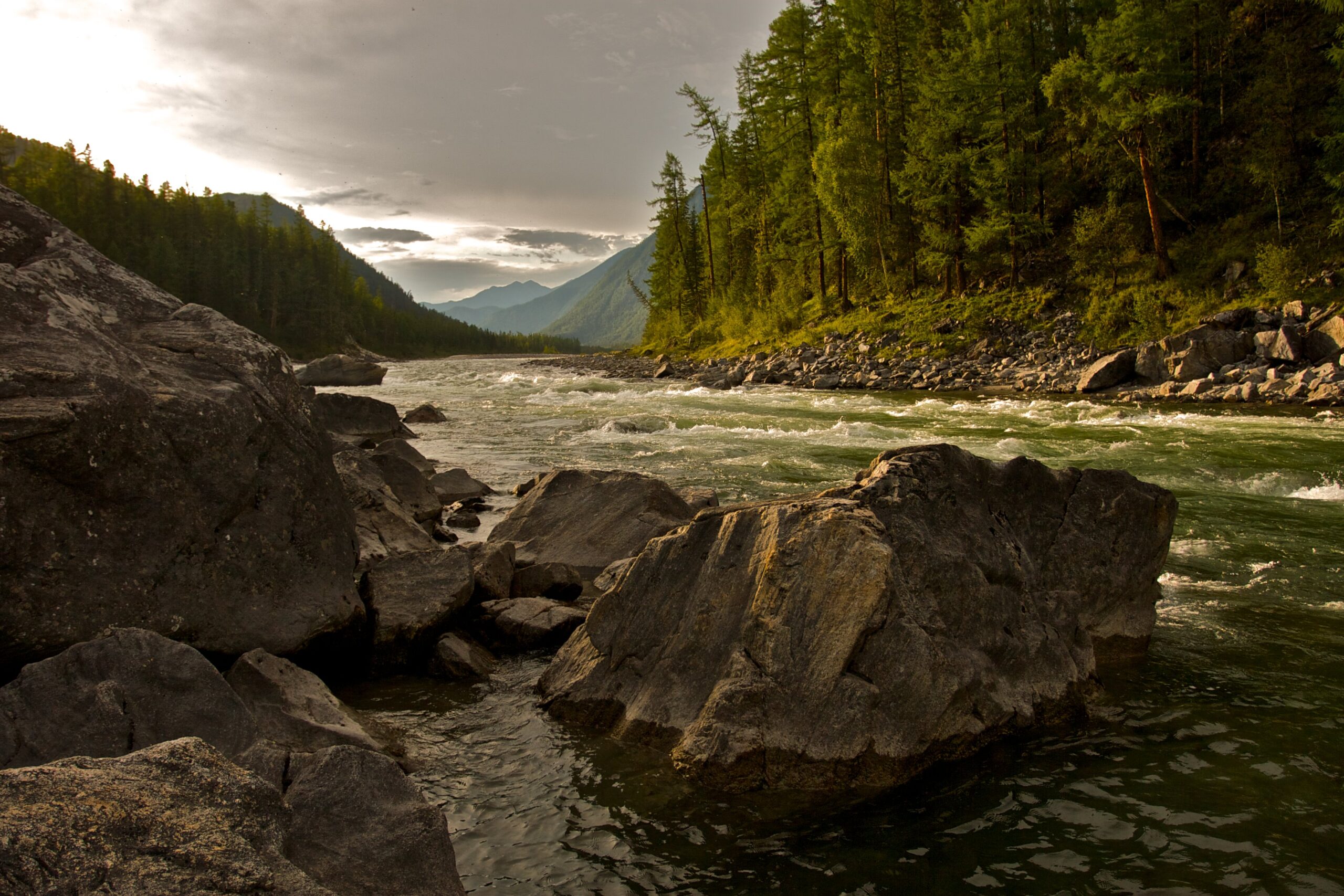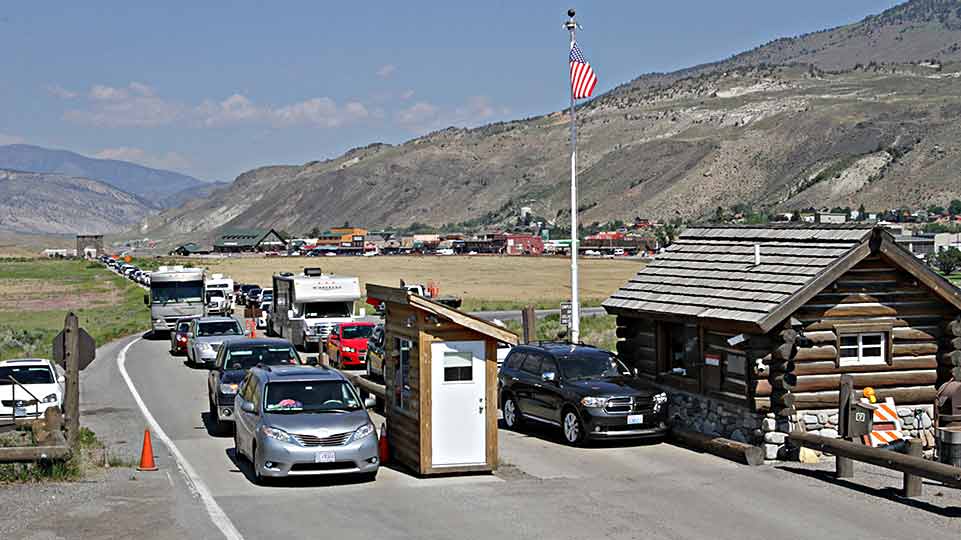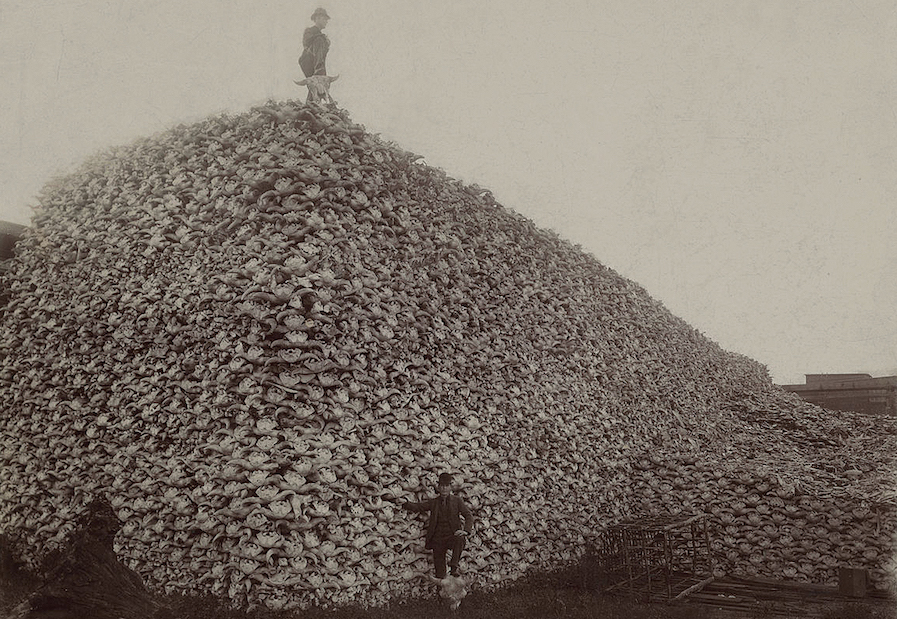[…] brink. In recent decades, as it has become affordable to get bison to the dinner table, commercial herds of bison have grown to over 500,000 head. Today, Yellowstone is home to nearly 5,000 wild bison, descendants of the last free-roaming herds. In the summer months, the bison are a huge draw for tourists, even […]
